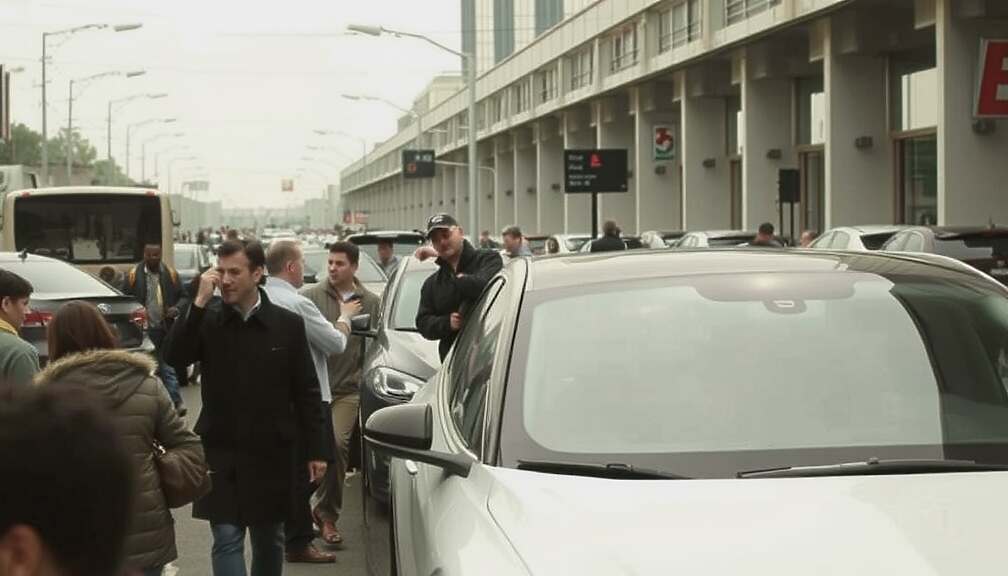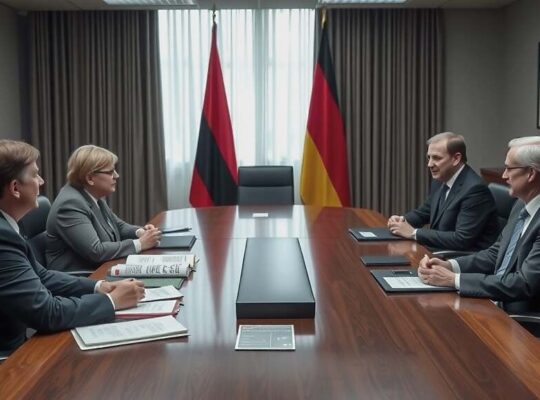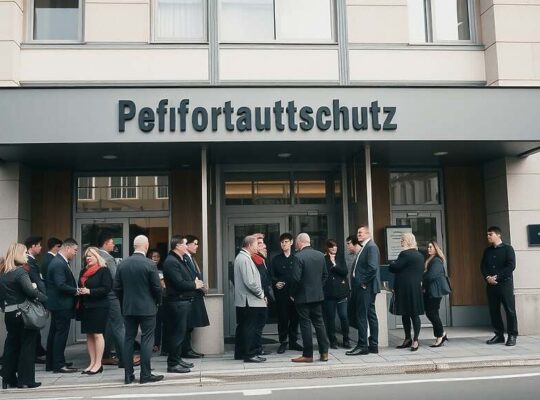The German coalition government, comprised of the Union (CDU/CSU) and the Social Democrats (SPD), faces a politically charged debate regarding the future of internal combustion engines and electric vehicle subsidies, set to be a key focus of their upcoming coalition committee meeting. The discussion underscores growing tensions over the 2035 ban on new gasoline and diesel vehicles and the equitable distribution of financial support for electric vehicle adoption.
Markus Söder, Minister-President of Bavaria and leader of the CSU, is reportedly pushing for significant concessions that would allow certain combustion engine vehicles to remain on the market beyond the 2035 deadline. This demand, according to sources within the coalition, is not limited to a simple relaxation of the ban but involves defining specific vehicle types exempt from the prohibition, a move likely to be criticized by environmental groups and those advocating for a faster transition to electric mobility.
Furthermore, Söder is advocating for the inclusion of hybrid vehicles in the planned electric vehicle subsidy program, a measure that would broaden the program’s scope but carries the risk of diluting the core objective of accelerating the shift towards fully electric transportation. The program, initially budgeted at three billion euros from the climate and transformation fund, aims to provide financial assistance to households with lower and middle incomes looking to purchase electric cars.
While a general consensus exists within the coalition to soften the previously rigid 2035 ban, deep disagreements persist regarding the wording of any adjustments and the permissible technologies. The coalition’s recent agreement, championed by several Minister-Presidents, calling for a move away from a “rigid ban on combustion engine technology from 2035” sets the stage for a contentious negotiation.
Critics argue that Söder’s insistence on these concessions reflects a broader struggle within the coalition – a tension between the CDU/CSU’s focus on maintaining industrial competitiveness and the SPD’s commitment to ambitious climate goals. The outcome of Thursday’s debate will significantly influence Germany’s trajectory towards electric mobility and could have repercussions for the country’s broader climate policy agenda. The political maneuvering highlights the complexities of balancing environmental imperatives, economic realities and regional interests in the nation’s transition to a low-carbon economy.












